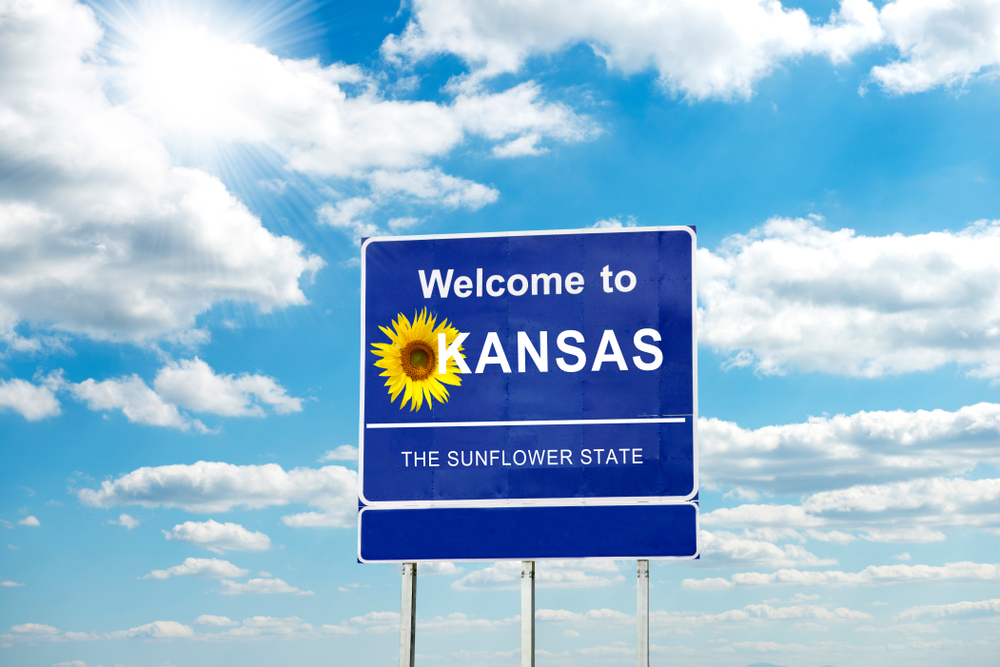A positive starting point
A hearing on the potential legalization of sports betting in Kansas on Wednesday resulted in some positive comments. The sports wagering hearing was held by the Kansas Senate Federal and State Affairs Committee.
unanimously supportive of the latest Senate Bill
Various gambling operators that already have a presence in the state gave their testimony during the session. They were unanimously supportive of the latest Senate Bill 283, which would see retail and mobile sports betting allowed in Kansas.
The committee hearing had been going on for 90 minutes before Chairman Bud Estes cut it short, enacting a recess until Thursday morning. Those who are opposed or neutral to the bill will provide their testimony during this second session.
There was no vote taken on the issue on Wednesday, with this looking more likely to happen on Thursday. The current legislative session in Kansas comes to an end on May 31.
Key points from the hearing
The hearing saw praise for Kansas lawmakers for proposing a fair tax rate for sports betting operators. Under its current guise, retail sports betting businesses will pay the state a 7.5% tax on gross gaming revenue, while online sportsbooks will contribute 10%.
praise for Kansas lawmakers for proposing a fair tax rate
The legislators were also commended for not including any form of integrity fee for the major sports leagues or enacting a clause requiring sportsbooks to purchase exclusive league data.
A main point of contention was the unique situation that would see the Kansas Lottery as the owner or licensee of any type of sports betting software. The state’s lottery would oversee legal sports betting, and it looks like there are a few workarounds to this clause.
A number of backers
Penn National’s representative, Jeff Morris, emphasized how legalizing mobile sports betting is vital for cutting out black-market betting. He also spoke in favor of the tax structure, saying competition would be a lot better in terms of the odds value bettors would receive. This would also help undermine illegal activity.
Morris also called out the major sports leagues on first looking for integrity fees and then trying to charge for their league data.
A number of legislators also pointed at neighboring states benefitting from Kansas residents crossing over to place sports bets in the likes of Iowa, and to gamble at Oklahoma casinos that are close to the border.
